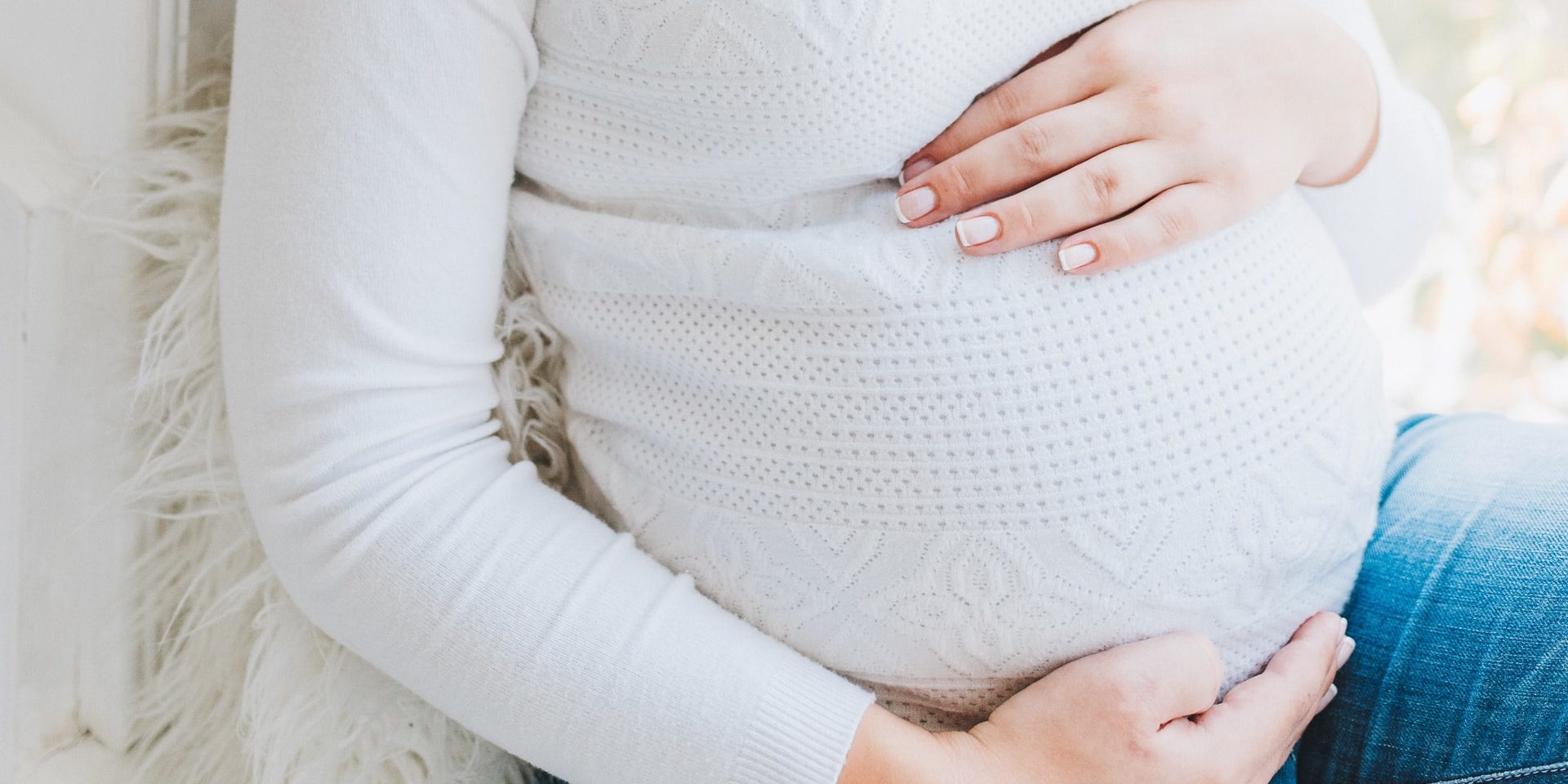You may not have met your partner until later in life. You may feel regretful for putting your career in front of your desire to have babies (2).
You might be feeling like you have missed the boat in terms of having a child or having another child. With the average age of first time mothers increasing you are not alone at this time of life (1).
Your period might feel, look and be different to what it was in your 20’s or 30’s. You may have noticed that it is becoming more irregular – longer or shorter, you might be experiencing heavier bleeding or less bleeding, worsening of pre-menstrual symptoms, fatigue, difficulty sleeping, mood swings, feeling uncertain about yourself, night sweats to name a few.
These symptoms can be a result of hormone conditions such as fibroids, endometriosis and PCOS etc as well as of general aging. Getting the right investigations and support is especially important if you are wanting to conceive at this time.
The stage prior to menopause is called perimenopause. Perimenopause is the time when your ovaries very gradually start making less oestrogen. This usually starts in your mid 40’s but can also start as early as your late 30’s. The average length of perimenopause is somewhere around 4 years but can be a lot shorter or longer.
Perimenopause ends when you haven’t had a period for 12 months or more and this is when you enter menopause. During perimenopause you are still ovulating so pregnancy is still possible.
Even if you are getting older and you haven’t had your period for 12 months, it doesn’t mean that you have definitely hit menopause. Mother nature has a way of protecting you. Yes, you may have hit menopause, but you may also just be under a lot of stress, so mother nature has decided to stop your period to help you conserve energy.
It may mean that there are other imbalances going on and, by correcting those, your period may come back. It’s always important to work with your doctor as well as your naturopath if you are thinking of potentially bringing your periods back naturally if you are going through a hormonal imbalance rather than menopause.
So how do you support your reproductive health and the possibility of falling pregnant?
Manage stress
Peoples response to stress varies from person to person and in fact the whole “Project Baby” thing an cause stress. It is important to listen to your body and manage stress levels to suit you. The adrenal glands sit atop of your kidneys and are the organ that releases hormones in response to stress along with other hormones. They are also responsible for producing small amounts of sex hormones.
By supporting your adrenals you are also supporting a healthy stress response and a healthy menstrual cycle.
What can you do to manage your stress?
There are many things to help manage stress like ensuring that you do moderate intensity exercise for at least 30 minutes 5 times a week.
Exercise increases blood flow to the body as well as maintaining bone mass. Walking in nature has been shown to reduce stress. So get out into the green bush and relax!
Ensuring that you have adequate amounts of sleep is vital to adrenal health. Sleep is nature’s all-round rejuvenator, repairing and revitalising both body and mind. Not being able to sleep affects everyone at some point in their life.
It is recommended that we get between seven and nine hours of sleep every night and whilst it is important to make sure that we get enough sleep, it is equally important that we get good quality sleep.
Mindfulness meditation has been shown to reduce feelings of stress and can help alleviate stress by improving emotional regulation. It can also improve feelings of general wellbeing, recovery from illness to name a few.
There are many books, courses and apps available now to help you understand and implement meditation on a daily basis.
If you are struggling with your age and wanting a baby, finding a support group or talking to your naturopath or other health care professional can also be very beneficial.
Get healthy
Loosing any excess kilos, eating nutritious foods, stopping smoking and reducing caffeine and alcohol all contribute to getting healthy.
Hormonal changes, along with other causes, during this time of life may cause you to gain weight. Achieving and maintaining a healthy weight will not only make you feel better but will make positive impacts on your health markers.
This can be achieved by making some lifestyle changes, ensuring that you eat nutritious foods, get plenty of sleep and exercise regularly.
Eating the right kinds of food will ensure that you feel less fatigued, have more energy, be less hungry, have better sleep and less PMS symptoms.
Include in your diet more protein from eggs, lean meat, oily fish, dairy or vegetarian alternatives nuts and seeds, whole grains and legumes, pulses.
Also loads of vegetables and at no more than 2 pieces of fruit per day. Good fats from avocado’s, oily fish, nuts and seeds and oils such as olive oils, avocado and nut and seed oils are also vital. Drink at least 2 litres of water or herbal teas per day.
Exercise and movement in general really helps to increase blood flow to your extremities and supports oxygenation to all your cells, including your reproductive ones! It slows the rate of bone loss and may improve mood. Find something that you enjoy doing so that it is not a chore.
Walking, running, dancing, yoga, getting out in nature or swimming are all great ways to get your body moving and you will feel better for it.
Along with eating right and exercising, quitting smoking and cutting back on alcohol and caffeine are also important lifestyle adjustments to make during this time.
Smokers on average commence perimenopause 1-2 years earlier than their non-smoking counterparts. Smoking also accelerates the rate of bone loss and increases the risk of heart disease.
Balance hormones
There are many herbs and nutrients that can help balance hormones. Herbs and nutrients can support energy and the stress response, improve your libido, egg and sperm health, tonify the uterus and encouraging blood flow the uterine area. To find out what herbs and nutrients are right for you see your naturopath.
What I have noticed is that once people put their health as a priority amazing changes can occur. Clients who once thought that they may not be able to have any more children are now looking at the possibility of having them.
Once your inside is balanced your outside glows!
Nikki Haak, has had many years experience with both Natural Fertility and IVF support methods. After further studies and working in one of the leading Natural Fertility clinics in Melbourne; Natural Fertility, Preconception Care, IVF support, Pregnancy Care and Mother and Baby Health are Nikki’s special areas of interest. This not only includes female reproductive health but also male reproductive health. To find out more book a free 10 minute phone chat with Nikki or book your appointment today by calling on 1300 21 44 25.
References:
1. https://aifs.gov.au/main/contact. https://aifs.gov.au/publications/its-not-lack-wanting-kids-report-fertility-decision-making







